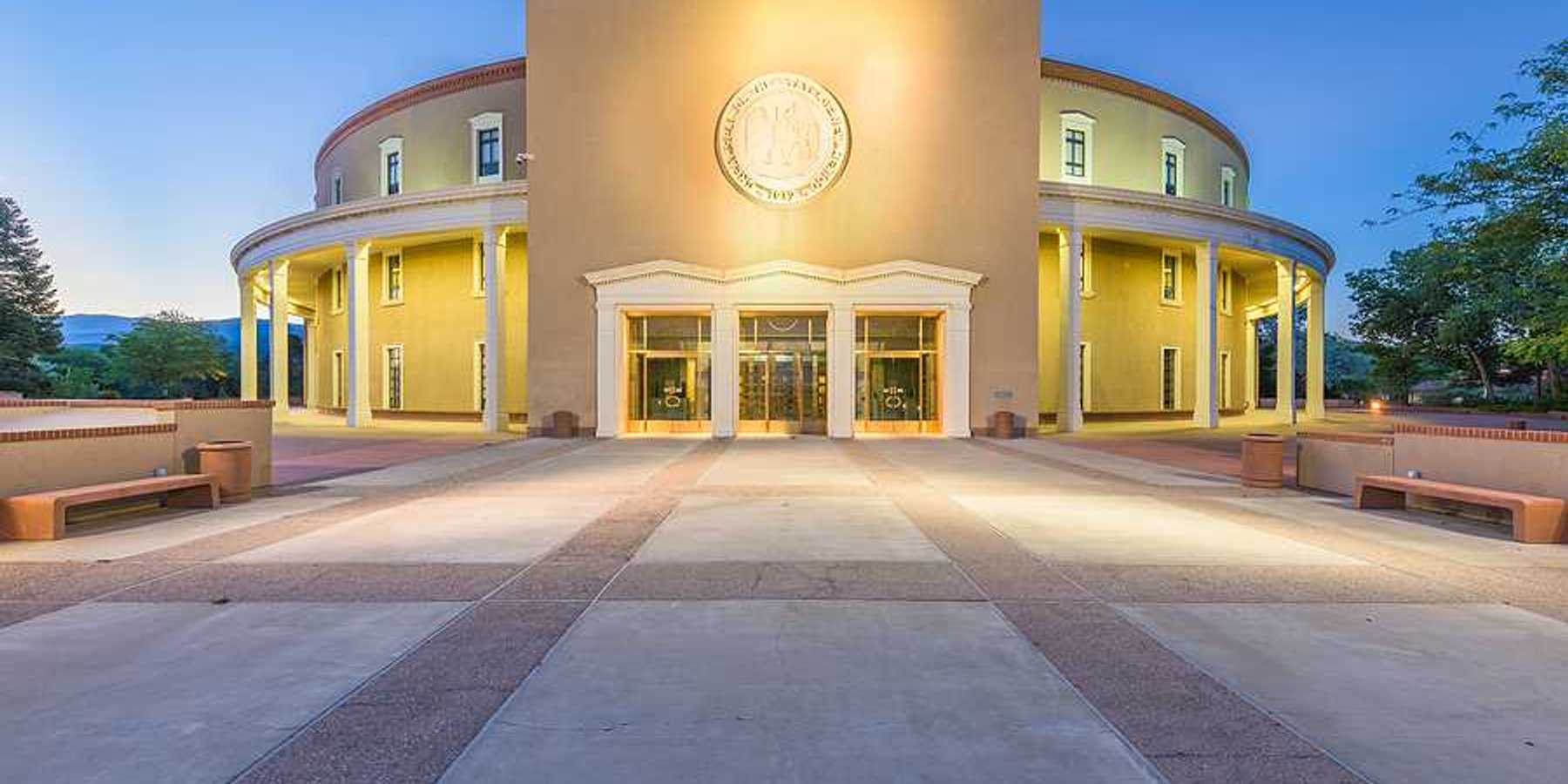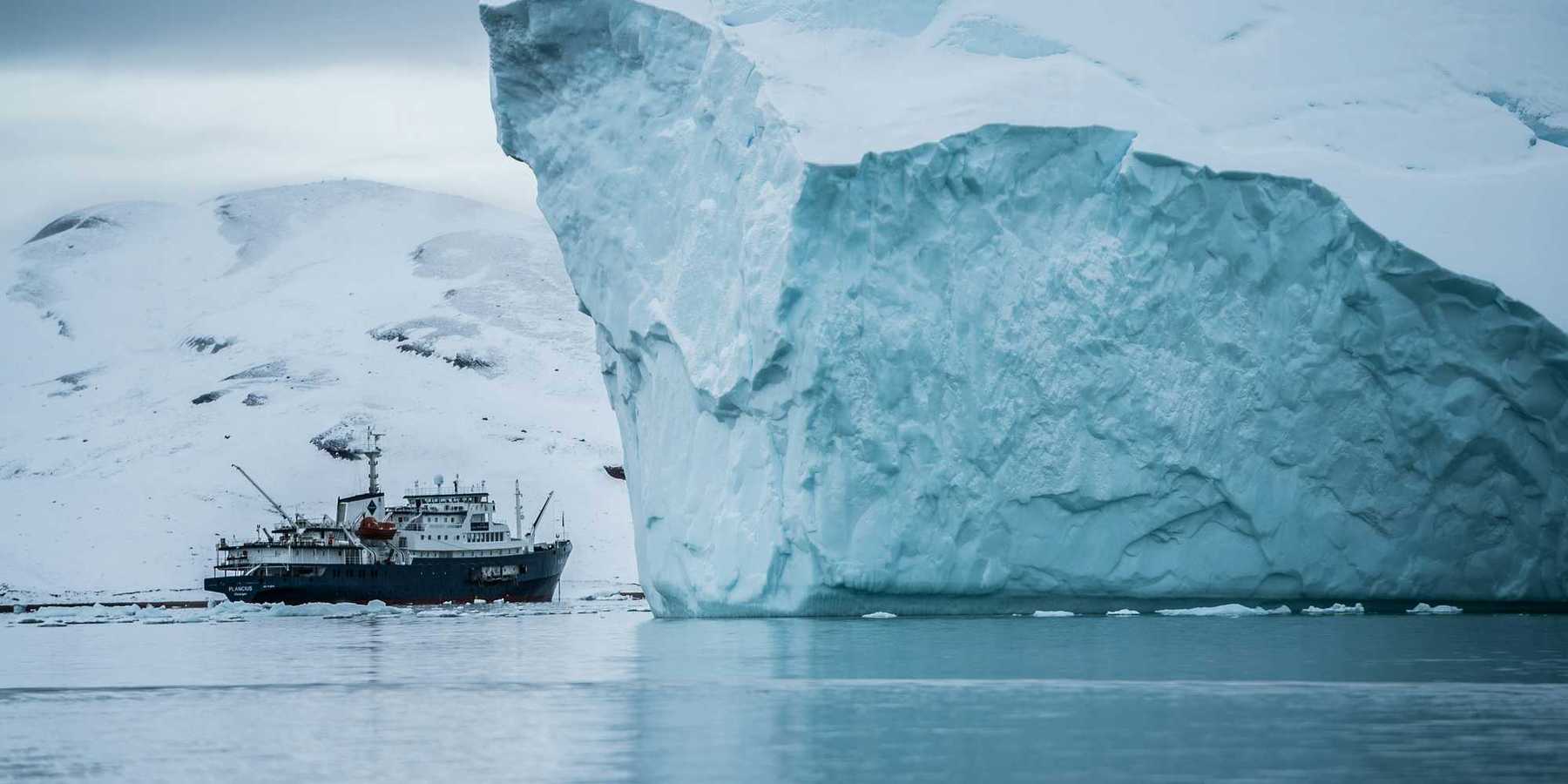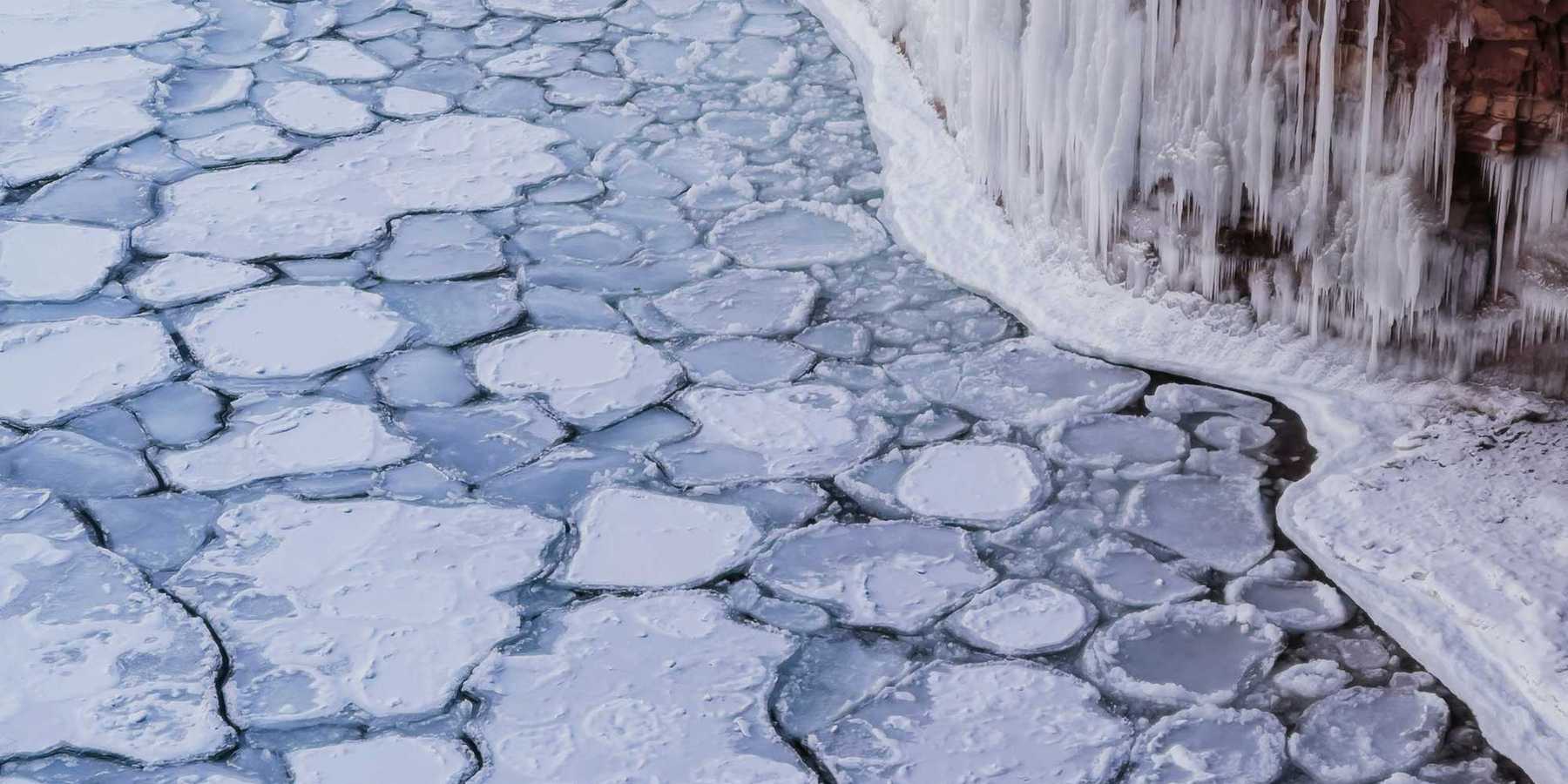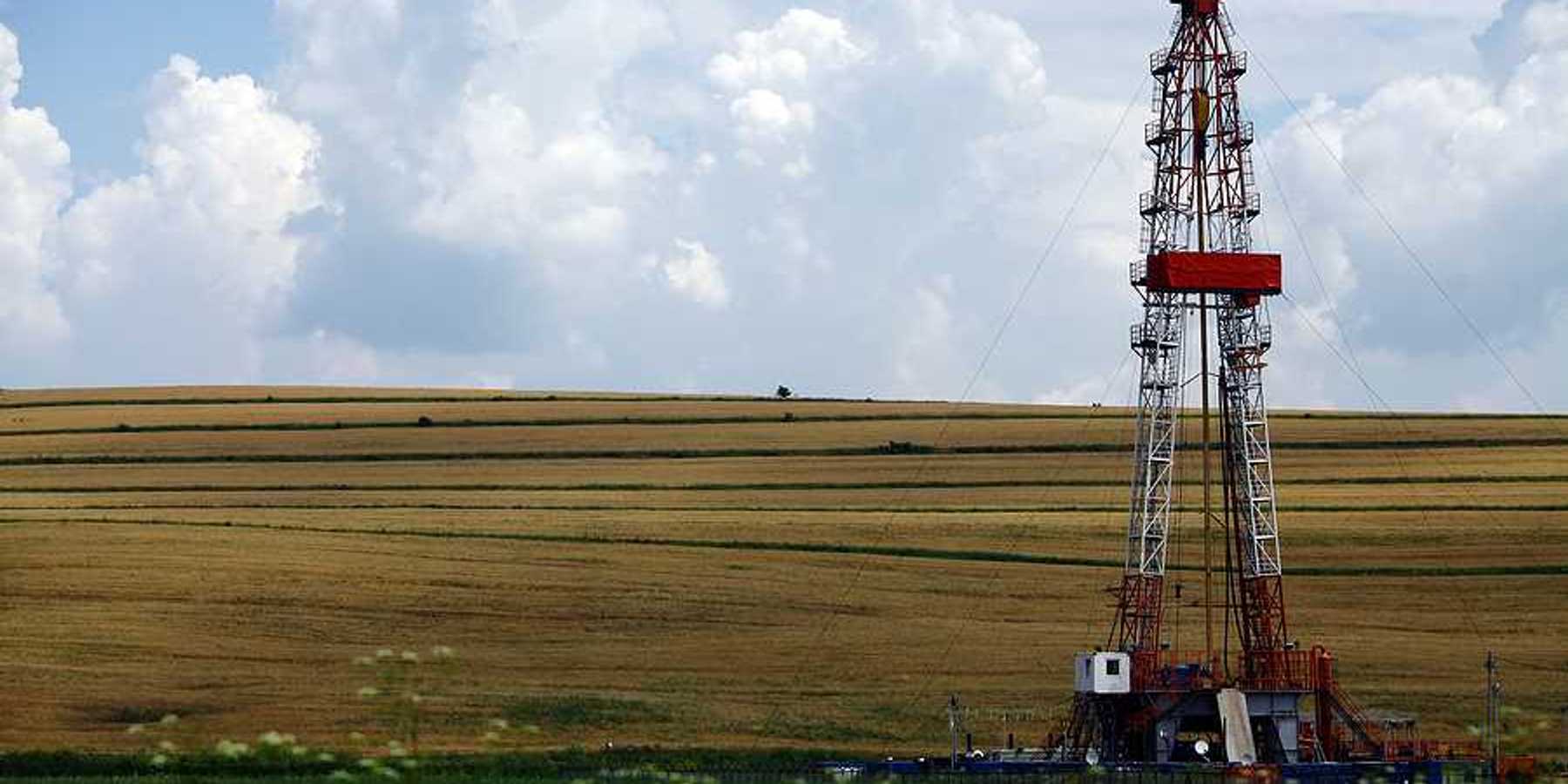Crowdsourced mapping movement charts a path for climate resilience in vulnerable communities
A volunteer-driven effort to map uncharted areas of the Caribbean island of St. Lucia aims to improve disaster response in a region hit hardest by climate change.
Maddy Crowell reports for Grist.
In short:
- The Humanitarian OpenStreetMap Team (HOT) is enlisting local volunteers to map underrepresented areas like Gros Islet, St. Lucia, where digital maps are often inaccurate or nonexistent.
- The initiative emerged from past failures in emergency response, such as the 2010 Haiti earthquake, where poor mapping hampered rescue efforts; HOT’s crowdsourced approach has since mapped millions of roads and buildings globally.
- Volunteers, including young women trained in emergency response, gather field data to mark roads, homes, and businesses — efforts aimed at helping first responders locate and assist vulnerable populations in future climate disasters.
Key quote:
“The problem is the governments of the developed countries, they still believe that there’s time or that this is not as serious as we make it out to be.”
— James Fletcher, former St. Lucia minister of public service, sustainable development, energy, science, and technology
Why this matters:
Climate change is accelerating more rapidly in small island nations like St. Lucia than in much of the world. Rising sea levels, extreme heat, and intensified hurricanes pose existential threats to communities with limited infrastructure and emergency preparedness. In places where conventional maps fall short, humanitarian aid can be delayed or misdirected, worsening the impact of natural disasters. The HOT initiative brings a grassroots solution: empowering residents to create dynamic, accurate maps of their own communities. These maps are intended to provide lifelines in moments of crisis, identifying where people live, which roads are passable, and where relief efforts should be directed.
Related:













